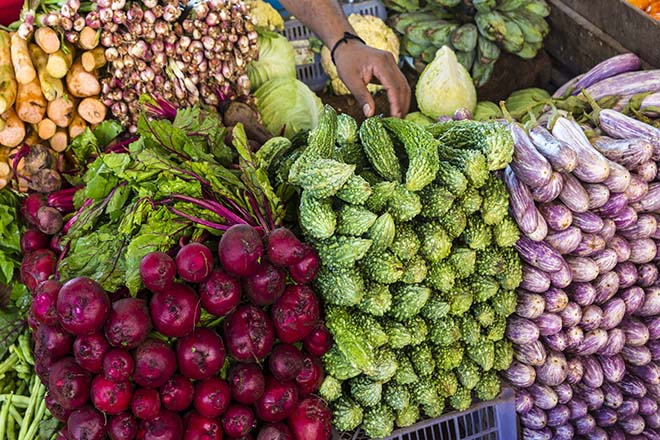Manoj Thibbotuwawa and Nimesha Dissanayaka
Rapid population growth has put tremendous pressure on the world’s agricultural systems to provide safe and nutritious food to all. Unfortunately, productivity growth has been hampered by land and water resources degradation and climate change. The economic and social costs of such disruptive drivers imply that the food systems need to adapt and transform. As it stands, emerging technologies of the Fourth Industrial Revolution (4IR) have the potential to overcome the structural weaknesses of the current food systems and deliver more productive, competitive, and sustainable outcomes. This blog examines the ways in which such technologies can revolutionise the agriculture sector in Sri Lanka.
4IR Technologies in Agriculture
4IR technologies are used in agriculture in different ways, but mainly in the form of smart farming or precision agriculture. ‘Smart farming’ is a modern farm management concept that uses digital techniques to monitor and optimise the quantity and quality of agricultural products. Today, farmers have access to an array of modern tools and data, ranging from low impact information and communication technologies (ICT) to more advanced technologies such as the Internet of Things (IoT), robotics and drones, blockchain, artificial intelligence (AI), big data, virtual reality (VR), and augmented reality (AR). These are used in smart agriculture to accurately measure the variations within a field and adapt strategically.
| Technology | Application |
| IoT | Record agricultural data from crops, soil, and environment and analyse and provide necessary intelligence for automated equipment. |
| Robots and drones | Perform pre-determined tasks or AI-enabled decisions on input applications like fertiliser, chemicals, irrigation, etc. |
| Blockchain | Track and trace the food supply chains for quality and safety and prevent price extortion and delayed payments, while eliminating middlemen and lowering transaction fees. |
| Big data | Yield prediction, tracking and forecasting natural trends/risky events, food safety, and wastage, and the operation and management of equipment. |
| VR | Control farming operations through a computer-generated simulation of the farm field. |
| AR | Track the entire field in one dashboard and detect soil parameters, pests and insects, etc. |
The Need for 4IR Technologies in Sri Lanka’s Agriculture Sector
Ensuring steady profits in agriculture requires reliable yields. In recent times, the yield levels of Sri Lanka’s food crops have stagnated at unimpressive levels, even for a developing country. Based on total factor productivity (TFP) growth, Sri Lanka is not only performing poorly in South Asia, but the country’s TFP growth itself is declining.
Decadal % Agricultural TFP Growth Rates among South Asian Countries (1970-2015)

The inefficient use of inputs, including the overuse of subsidised fertiliser and irrigation water, is also a concern. Moreover, Sri Lankan farmers are battered by the negative impacts of climate change, such as rainfall variability, rising ambient temperatures, and extreme climatic events. These issues exist in all facets of the food system, which includes food production, processing, distribution, access, consumption, and resource/waste recovery.

